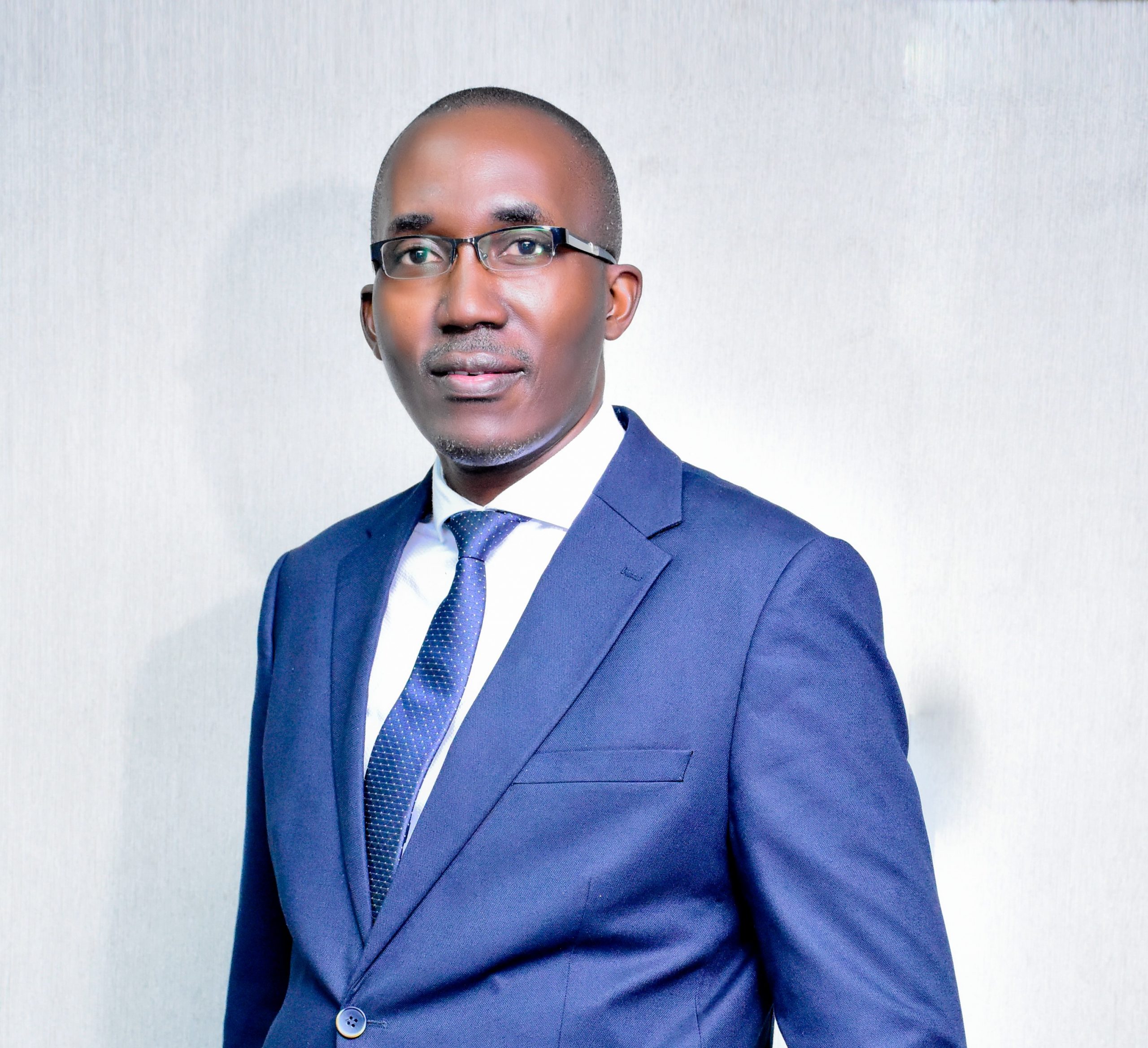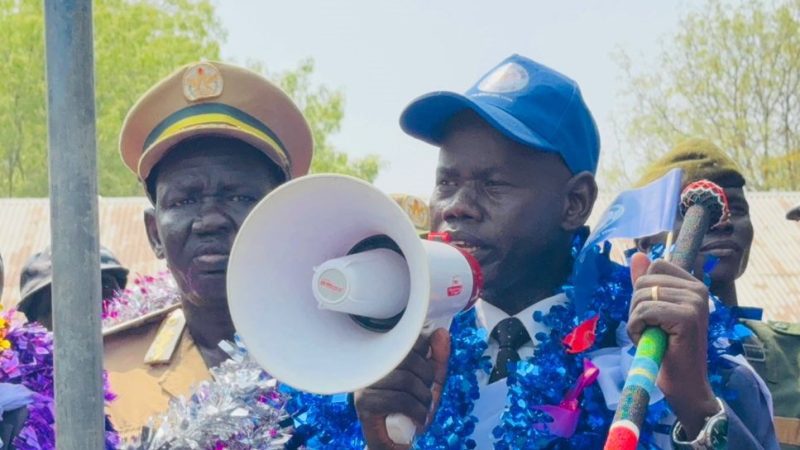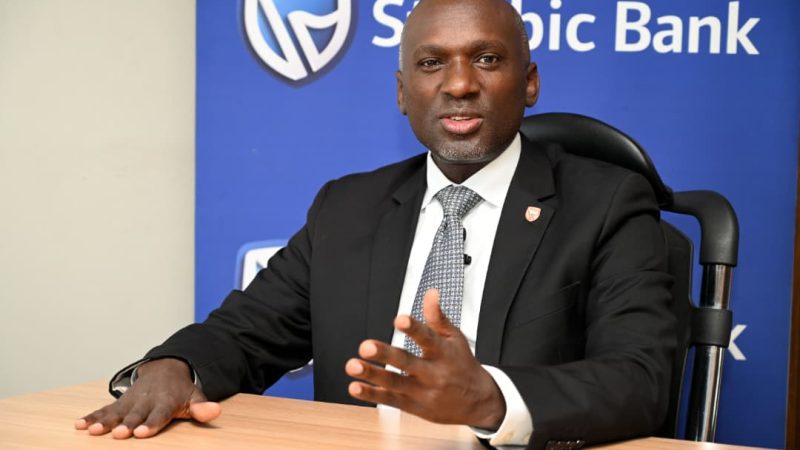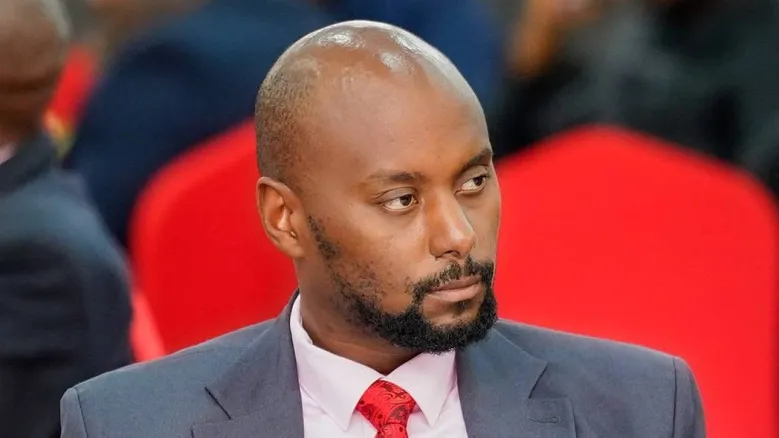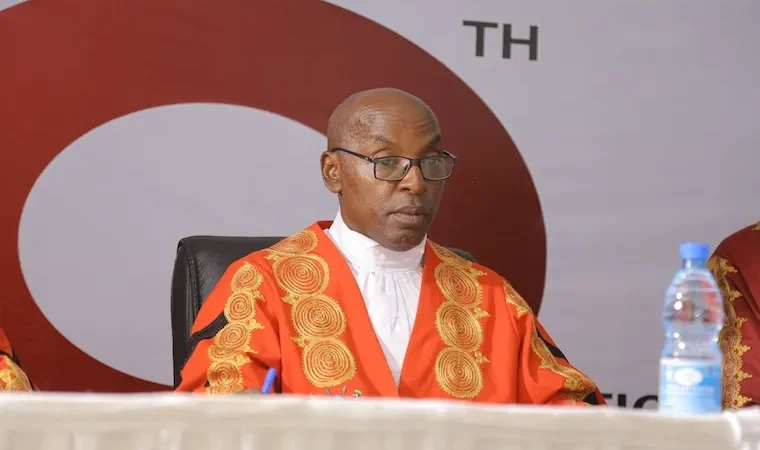Ministry of Energy and Mineral Development and SNV Netherlands Development Organisations (SNV) Uganda have today launched the Africa Biodigester Component (ABC) project, which aims to boost access to biodigesters for circular agriculture and renewable energy.
The four-year project running until 2025 is funded by the Netherlands Ministry of Foreign Affairs and managed by the Netherlands Enterprise Agency (RVO). The 3.7million Euros project targets the installation of at least 8,000 small scale biodigesters across Uganda, providing energy access for at least 40,000 people.
Speaking during the launch in Entebbe today, SNV Uganda Country Director Phomolo Maphosa said the energy sector is still dominated by solid biomass, mainly in form of firewood and charcoal, which contributes 88.6% of the country’s consumable energy.
‘Biodigesters offer increased benefits in the form of clean energy for cooking, and organic fertilisers for agricultural production, which will mitigate against the effects of deforestation and soil degradation,’ she said.
Joost van Ettro, Head of Cooperation at the Embassy of the Netherlands in Kampala highlighted that at the current rate of deforestation, in 25 years Uganda would have very few trees left.
‘Interventions such as the ABC project are therefore critical if we are to retain our biodiversity.’
He reaffirmed the commitment of the Netherlands to work with the Government of Uganda towards this important objective.
ABC Uganda aims to promote the scaling of biodigester technology towards agricultural value chains, both tangible in terms of increased agricultural production, and more intangible benefits such as reducing exposure to indoor air pollution, long term soil improvement, water retention capacity and carbon capture.
To achieve this, the ABC project will adopt information and awareness raising, provision of Business Development Support to biodigester companies and strengthen the biodigester business model for end users. Furthermore, the project will support
Government and Sector Institutions developing an Enabling Environment that stimulates involvement of the private sector.
All these provide communities with renewable energy, agriculture, health, employment and environment benefits, such as the production of bio-slurry as organic fertiliser, job creation, improved livelihood, and reduced environmental pollution. The project will explore commercialisation of bio-slurry as organic fertiliser, to increase farm output as well as creating new revenue streams for biodigester owners.
In his remarks, Dr Brian Isabirye, representing the Permanent Secretary, Ministry of Energy and Mineral Development (MEMD) emphasized the importance of the innovation-led approach in addition to technology-transfer in bolstering the biodigester market.
‘Political leadership are counting on ABC leadership to provide guidance, support and evidence to support the government in delivering the much-needed social outcomes’ he said.
The Guest of honour, Hon Peter Lokeris, State Minister for Mineral Development appreciated SNV and the ABC consortium for supporting the government’s Biomass strategy to promote modern technologies for cooking. ‘The project will also reinforce the government’s initiatives in achieving its National Development Plan (NDP) III targets to increasing access to clean cooking and reducing the demand for firewood and charcoal, while creating employment for Ugandans,’ he said. The project is implemented as a joint effort by a consortium of SNV, German Agency for International Cooperation (GIZ) and Biogas Solution Uganda Limited (BSUL) in co-development support of the Netherlands Enterprise Agency (RVO). SNV, as lead implementer takes responsibility for overall project management and stakeholder coordination and in cooperation with BSUL, for the further strengthening of demand and supply of the sector. GIZ’s vast experience will be put to good use to support key sector actors to improve the enabling environment for the biodigester sub-sector in Uganda


